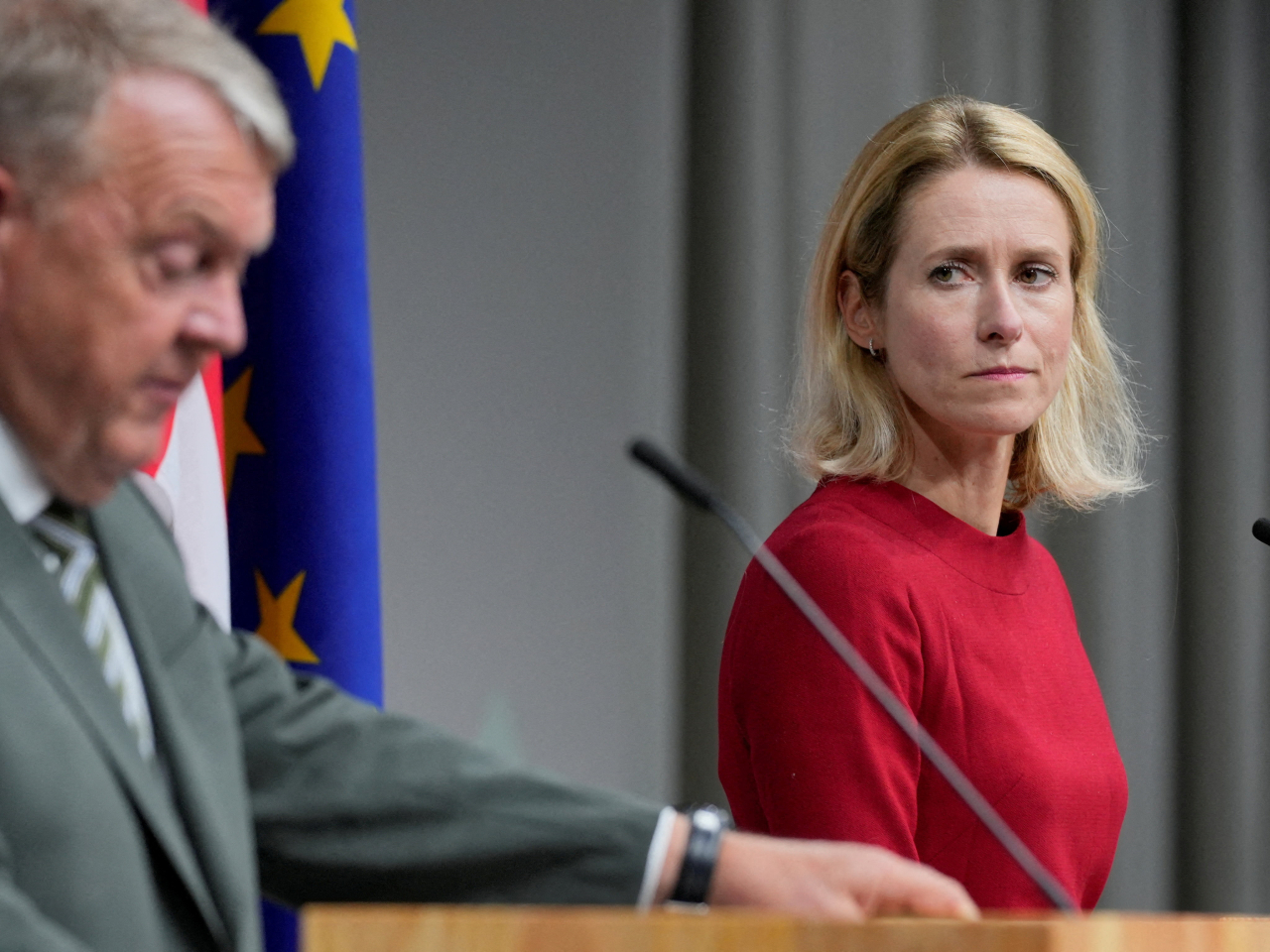The European Union will examine how to use frozen Russian assets to fund Ukraine's defence and reconstruction after the war but confiscating them now is not politically realistic, EU foreign policy chief Kaja Kallas said on Saturday.
Some 210 billion euros of Russian assets are frozen in the bloc under sanctions imposed on Moscow over the conflict with Ukraine, according to the EU.
Ukraine and some EU countries, including Estonia, Lithuania and Poland, have said the assets should be seized now and used to support Kyiv.
Those calls have intensified as Ukraine faces a funding gap of tens of billions of euros for next year alone.
But EU heavyweights France and Germany - along with Belgium, which holds most of the assets - have rebuffed the idea.
They have questioned the legality of such a move and its potential impact on the euro currency, while noting that profits from the assets are being used to support Ukraine.
Speaking after a meeting of EU foreign ministers in Copenhagen, Kallas said everyone had agreed it was "unthinkable that Russia will ever see this money again unless it fully compensates Ukraine" for damage caused by the war.
"We don't see them paying for the damages. So we need to have an exit strategy for using the assets whenever the war comes to an end," Kallas said.
Most of the assets are held in Euroclear, a securities depository in Belgium, whose foreign minister, Maxime Prevot, said any seizure was out of the question for now.
"Those assets are solidly protected under international law," he told reporters in Copenhagen.
"Confiscating them would trigger systemic financial instability and also erode trust in the euro." (Reuters)





